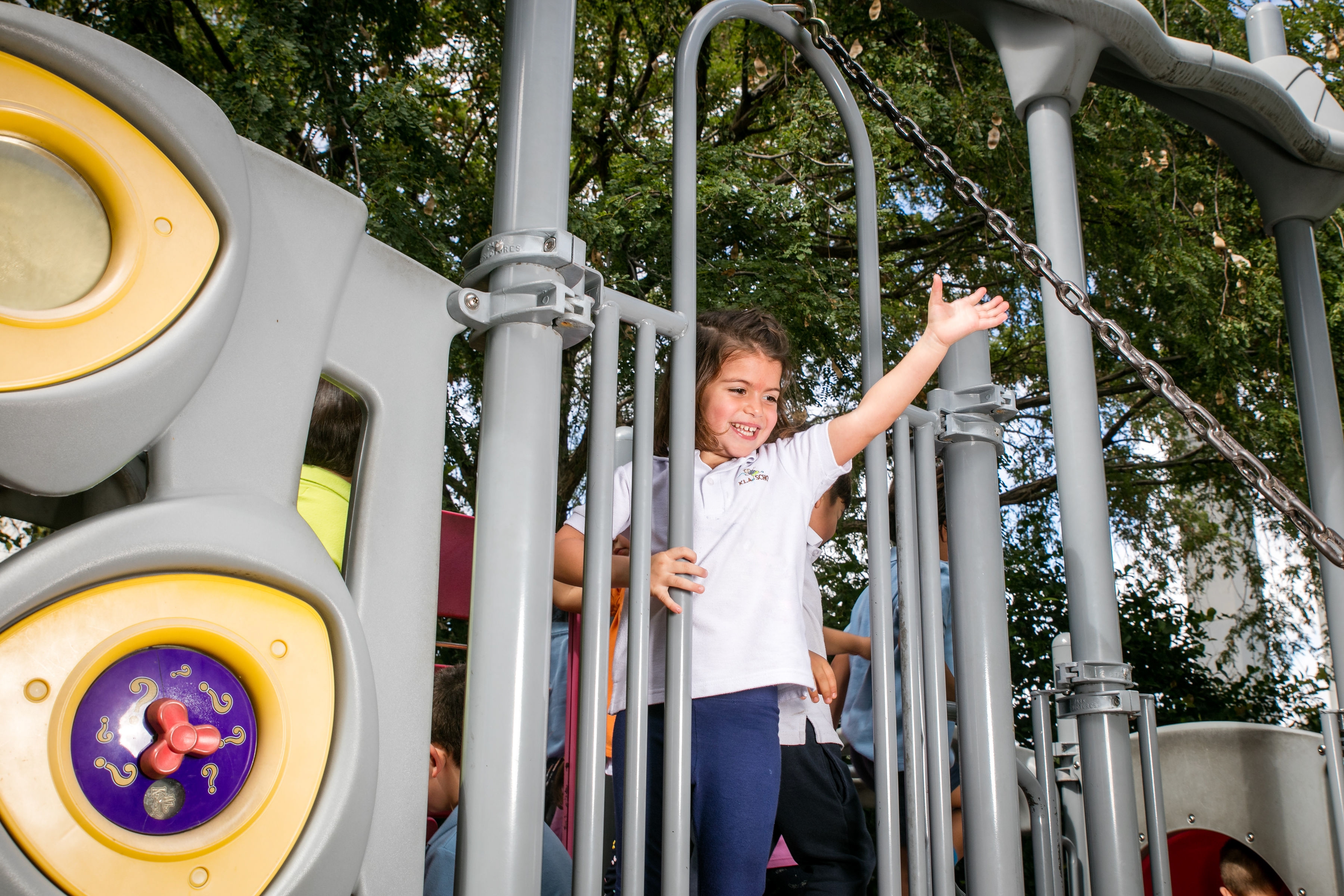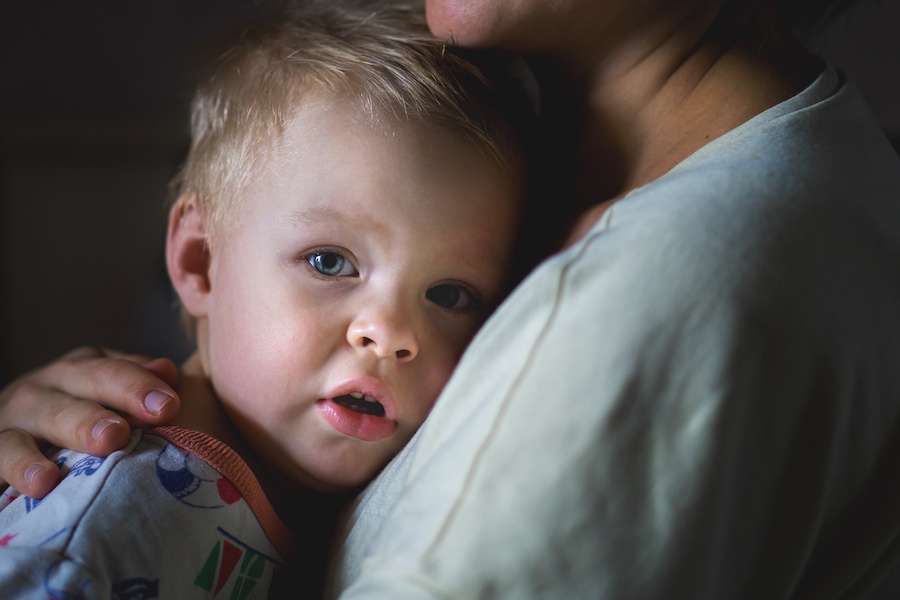Supporting Your Toddler Through Separation Anxiety
As a parent of a toddler, you may have noticed that your child is starting to show signs of separation anxiety – such as clinginess, tantrums, anxiety, restlessness, or unwillingness to cooperate with caregivers.
Toddler separation anxiety is stressful for all involved, but it’s also normal and temporary. Even though toddlers love to develop their independence, they can also be nervous about the loss of security that new experiences bring.
Here are some ways you can help to support your toddler through separation anxiety.
Respect your toddler’s feelings
To support your toddler in working through their feelings, you can ask them to talk about their fears and assure them that their feelings are normal. Listen with empathy, and work together with them to develop a strategy that might help – such as bringing a comfort item from home to their daycare.
Try gradual transitions
Sometimes, toddlers experience separation anxiety when the transition to their babysitter or daycare is sudden. Try a more gradual transition, such as asking your babysitter to arrive a bit earlier or stay a few minutes later. Then, they can read a book to your child or play a game with them while you’re in another room. This gradual method can help your child get comfortable with their new caregiver while in a secure environment.
Say goodbye
Having your toddler distracted by a friend or caregiver while you slip out the door may actually increase separation anxiety. This is because your child may start to believe that you can disappear at any time. Instead, keep your departure positive and brief, so that your toddler will see they have nothing to be concerned about. In addition, developing an upbeat goodbye ritual, such as singing a song or doing a special handshake, can help reduce separation anxiety by providing a fun routine.
Tell your toddler when you’ll be back
Even though toddlers don’t have the same concept of time as adults, letting them know when you’ll return will support them to trust that you do come back. You can say something like, “after dinnertime” or “in two sleeps.”
Focus on positive moments when you return
When you come back home or pick up your toddler from daycare, it might help your child to discuss the good things they experienced when they were apart from you. For example, you can ask them what games they played with their friends. In addition, keeping the return or pickup casual will help your toddler see that being apart from you is not a very big deal after all.
Ask your child’s preschool for advice
Childcare providers, like KLA Schools, are used to separation anxiety. Your toddler’s preschool may have ideas that can help, that are customized to your child’s unique personality and needs. They can also let you know how your toddler did during their day, so you can help to chart their progress.
If your toddler exhibits more serious signs of anxiety such as nausea, shortness of breath, or nightmares, you may want to speak to their pediatrician. However, most toddlers soon get used to saying goodbye, and with these tips you can help support your child through separation anxiety.

